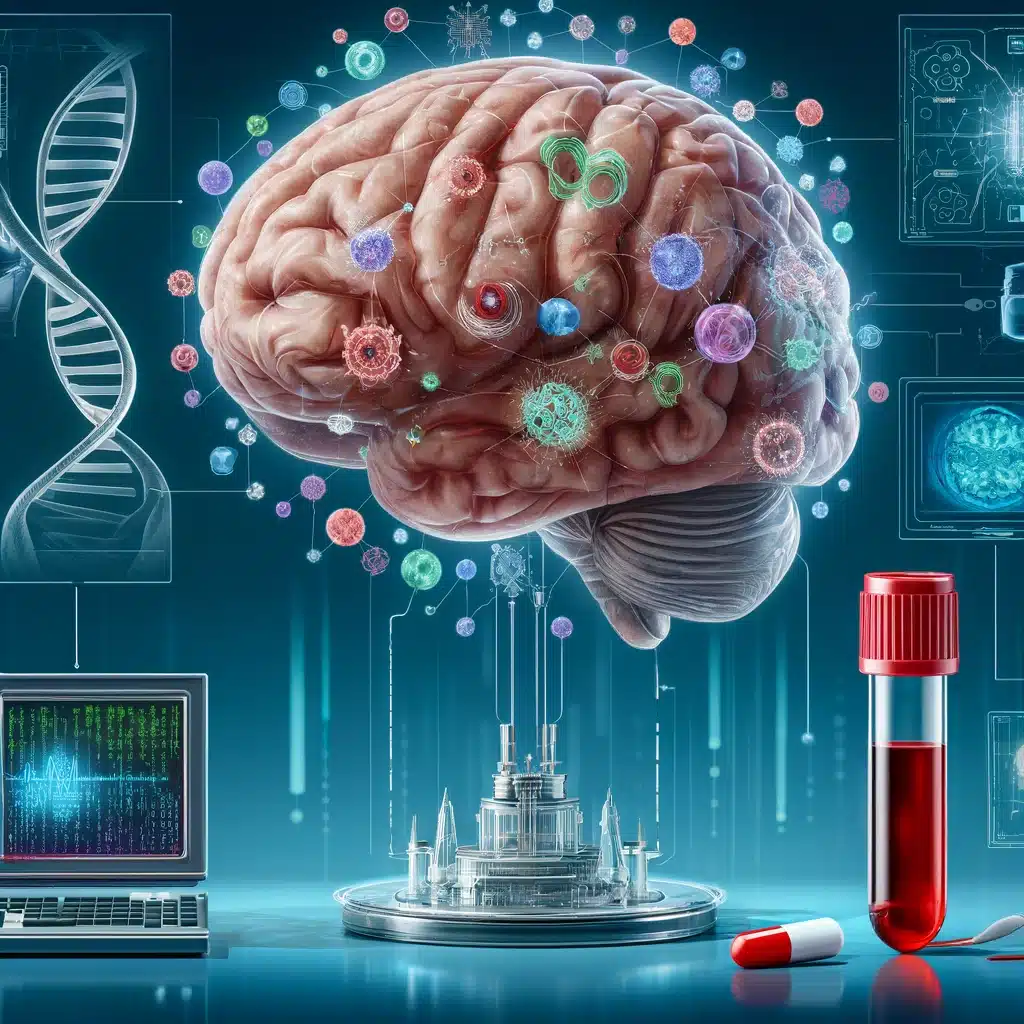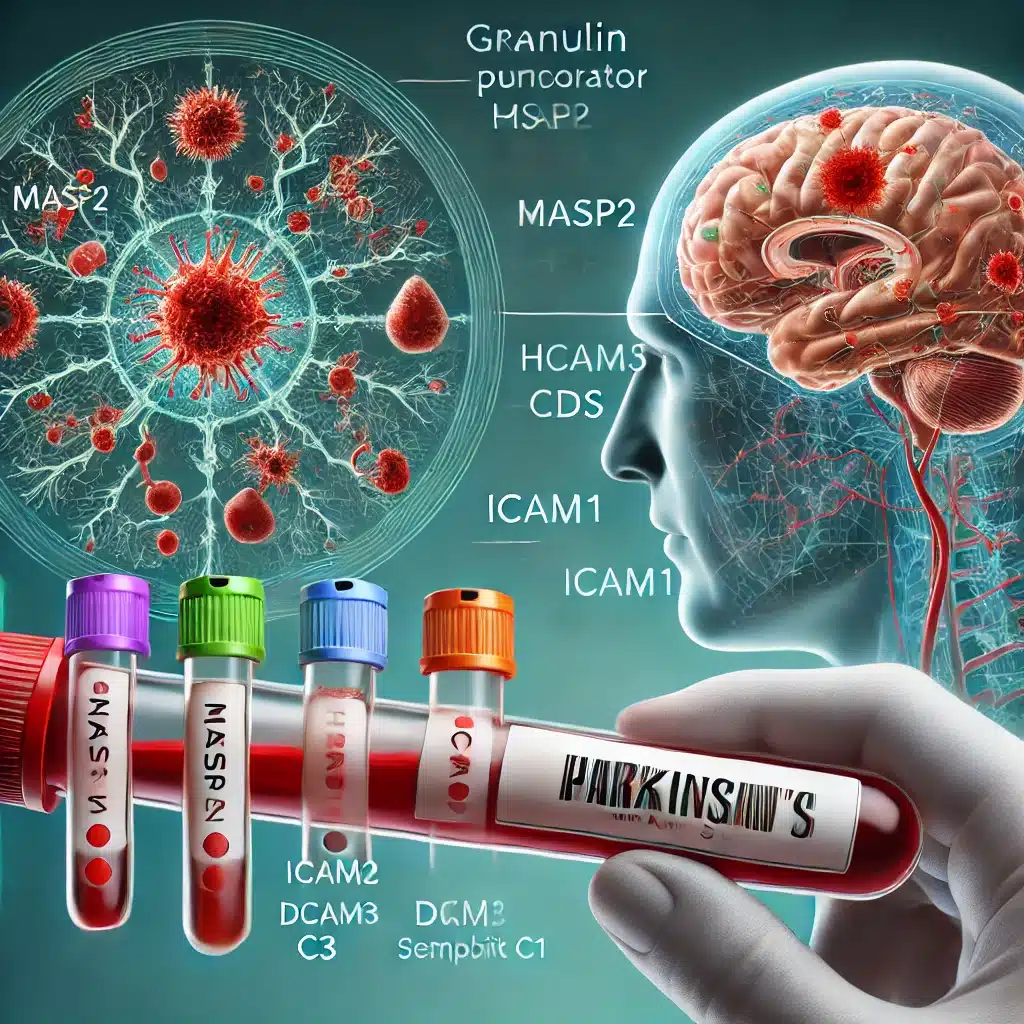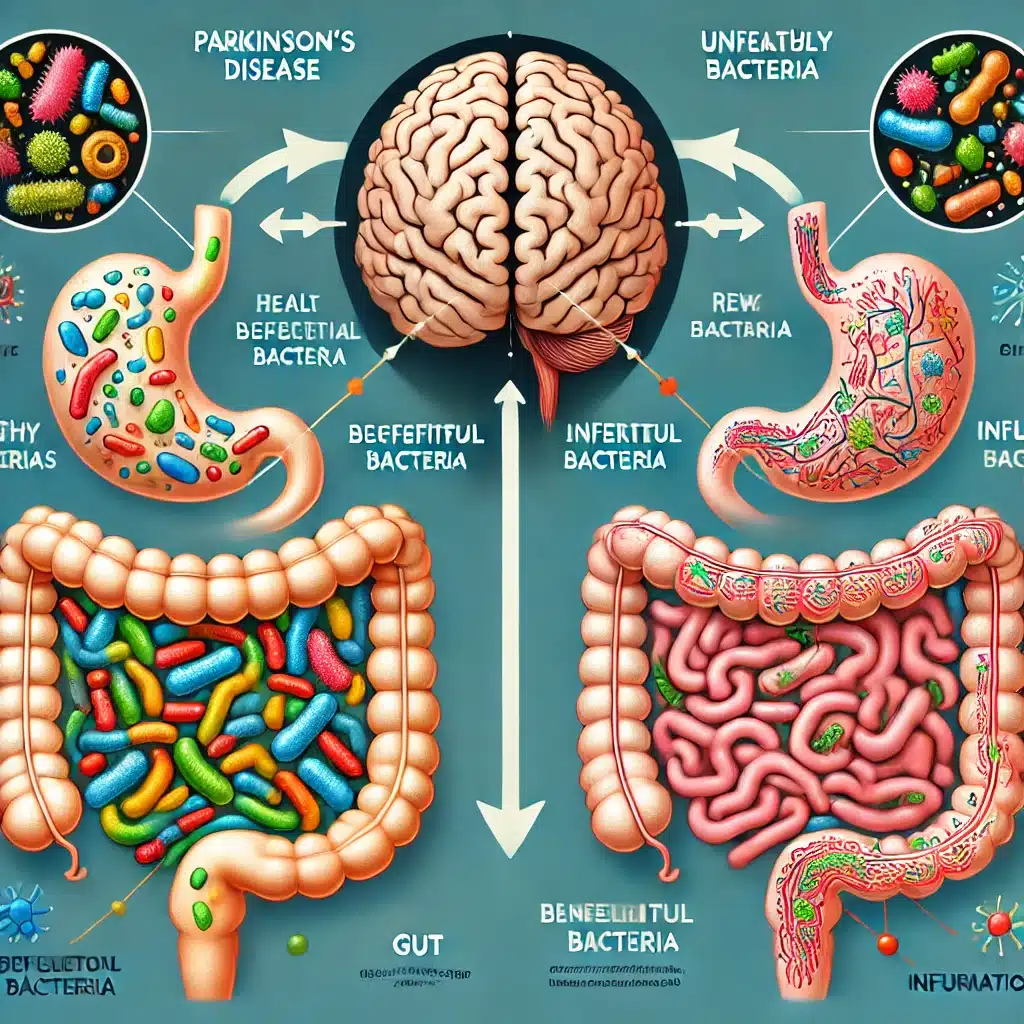Epigenetic Biosignature of First-Episode Schizophrenia Identified via Machine Learning (2024)
A new study uses AutoML and blood DNA methylation data to identify novel gene biomarkers for diagnosing schizophrenia (SCZ) with high accuracy. Highlights: Biomarker Discovery: AutoML identified three schizophrenia-specific gene methylation biomarkers: IGF2BP1, CENPI, and PSME4. Methylation Analysis: IGF2BP1 showed higher methylation and PSME4 showed lower methylation in SCZ patients compared to healthy controls, while …










